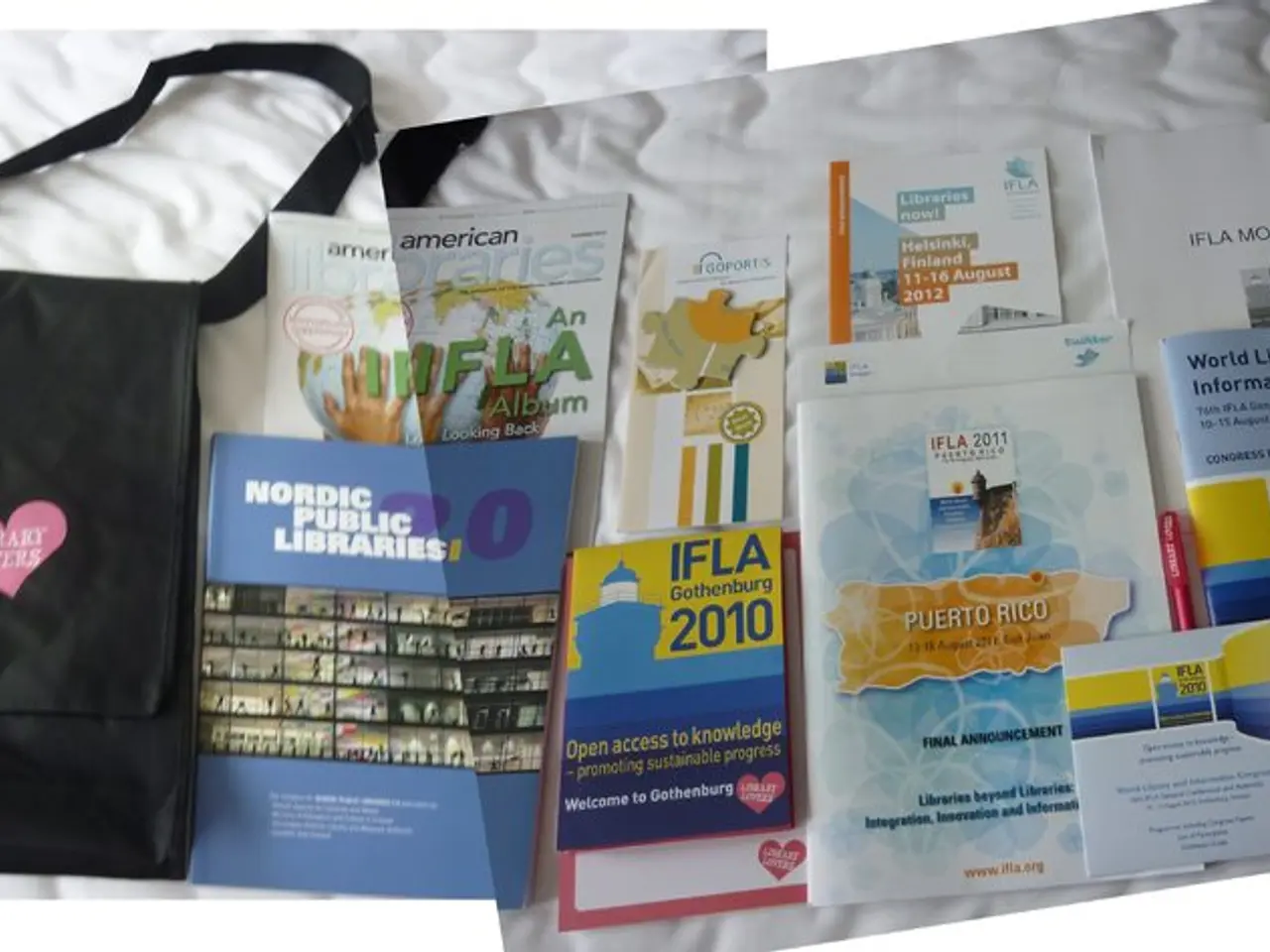Expanded Guidance for Academic Resource Assistance Beyond Your Advisor
Finding Collaborators for Independent Research: A Student's Journey
A university student, embarking on an intriguing project focusing on a series of maps produced in twentieth-century Yiddish memorial books, is seeking scholars beyond their own department to enrich their research. Here's how they're going about it.
Firstly, the student is leveraging university resources to expand their network. They're exploring university-wide research networks, centers, or institutes that connect faculty and researchers across departments based on research interests. Attending interdisciplinary seminars, workshops, and conferences is another strategy they employ, as these events offer opportunities to meet scholars with complementary expertise and explore collaboration possibilities.
In addition, the student is making use of the university’s research office or faculty directory. These resources often maintain directories or databases of faculty research interests and ongoing projects, which the student can search to find researchers whose work aligns with their project. Reaching out directly via email or professional social networks is also part of their strategy, as they identify promising researchers through published papers or faculty profiles and contact them to discuss potential collaboration or to get advice for their project.
The student is not shying away from thinking outside the box either. They've suggested contacting professors from previous semesters, asking friends for connections to people who study the topic, reading through faculty and graduate student bios on department websites, and even asking department representatives for help. They've also proposed initiating interdepartmental research centers or collaborations, and even asking their adviser if they know of other professors on campus with similar interests.
The student's spring JP adviser, while strict with deadlines, encourages daily work on the project. Despite the adviser's area of expertise being early modern Europe, which is distant from the student's project, they've found a professor who provided reading recommendations and encouraged the exploration of "cognitive mapping".
Independent work requires locating and synthesizing sources on one's own, but seeking advice from researchers in the field can lead to discoveries not found independently. The student is looking for scholarship about mapmaking and its relationship to memory, and they're confident that by following these strategies, they'll find the right collaborators to help them on their journey.
In the process of seeking scholars for their intriguing project, the student preparing a junior paper is delving into online-education platforms and resources for self-development, in pursuit of like-minded individuals who specialize in mapmaking and its connection to memory. To further augment their learning, they plan to submit their paper to academic journals focused on education-and-self-development, and engage in online discussion forums related to the topic, fostering independent work and potential partnerships.




